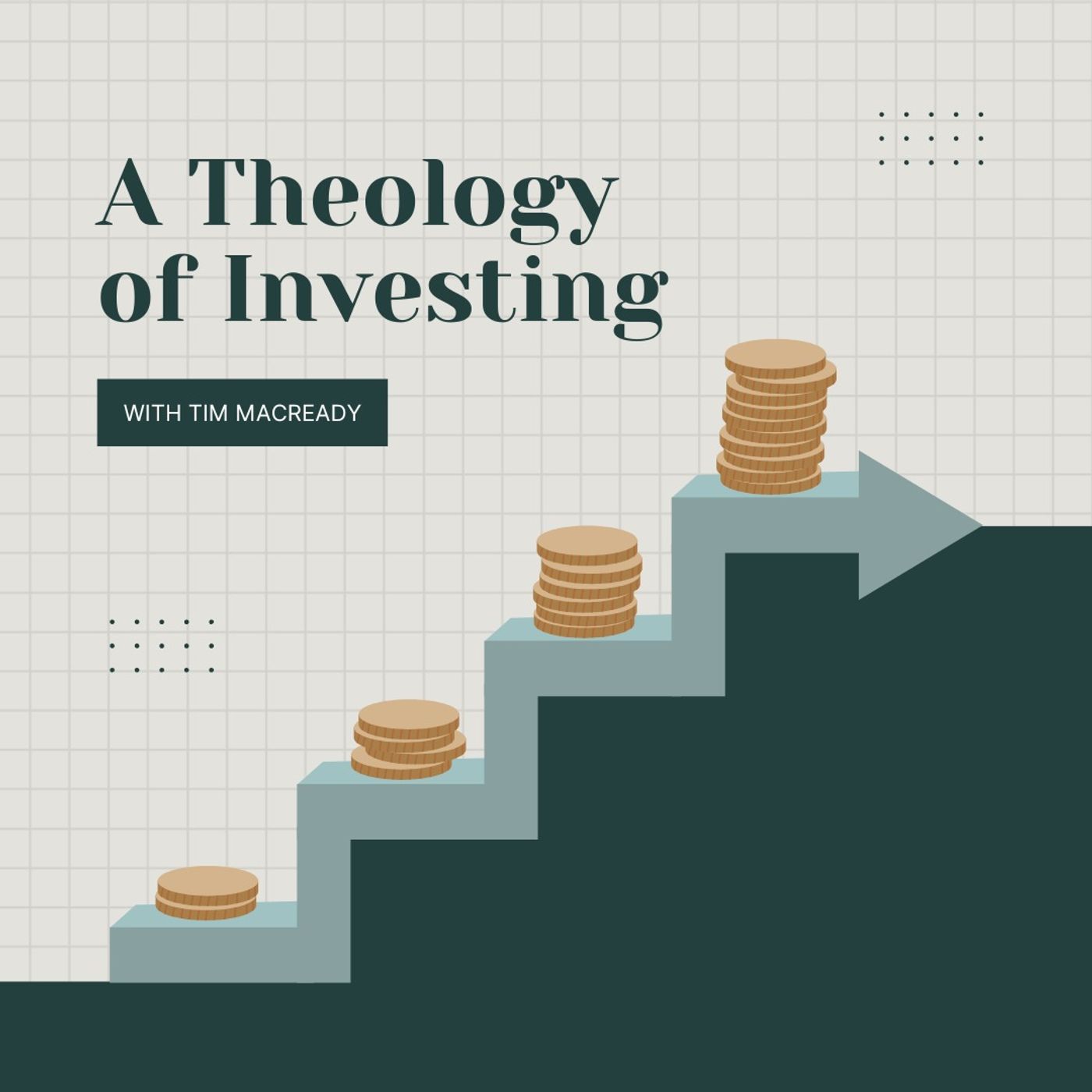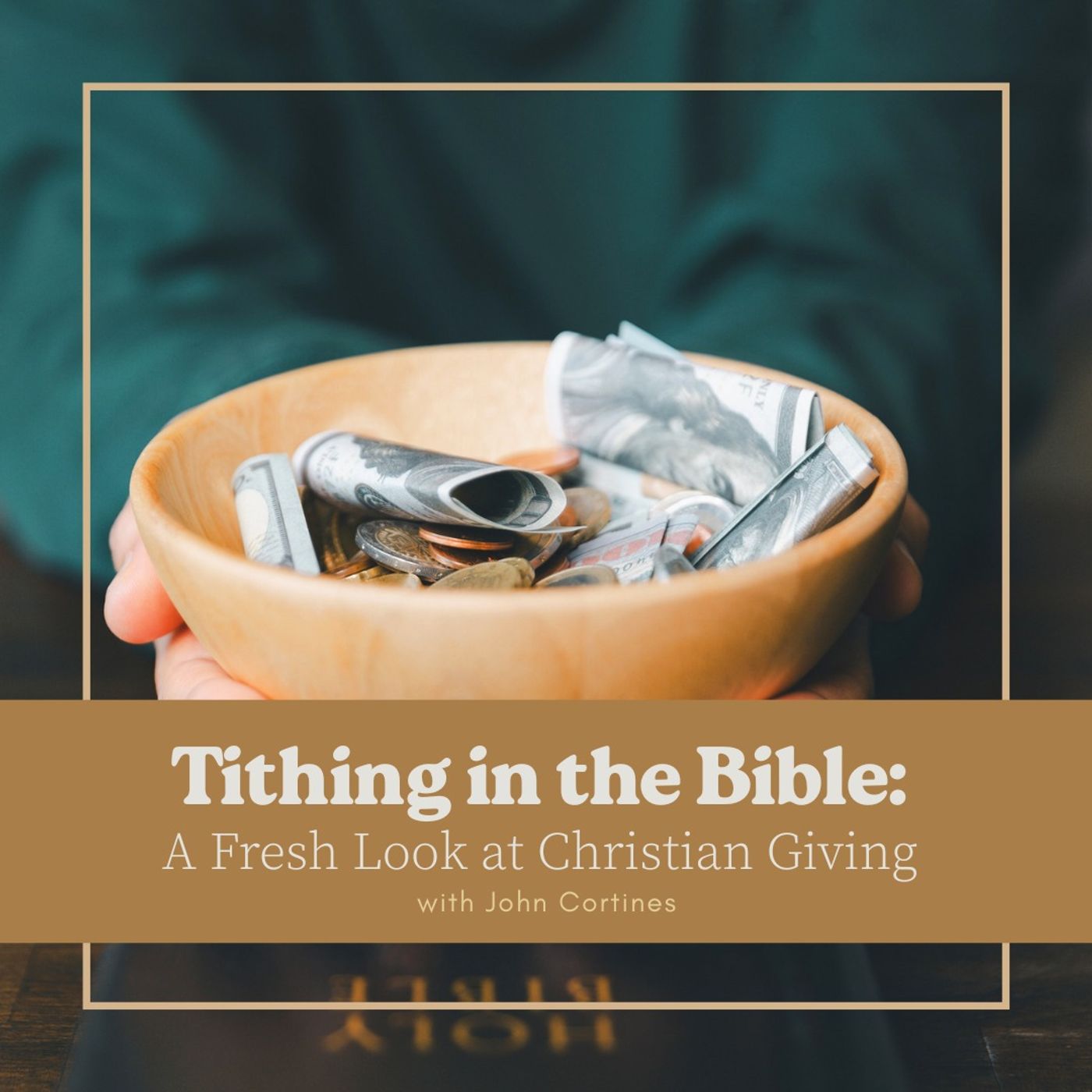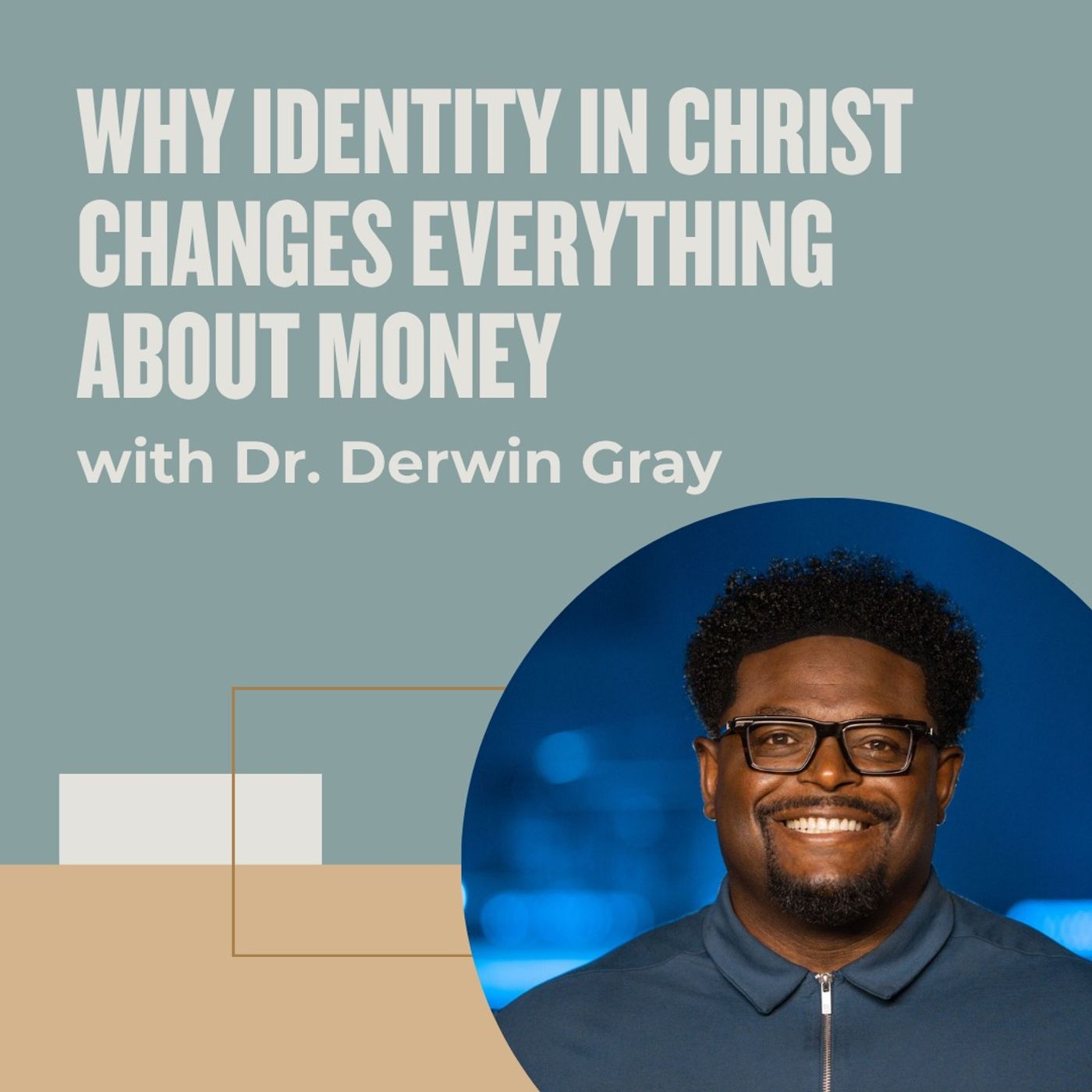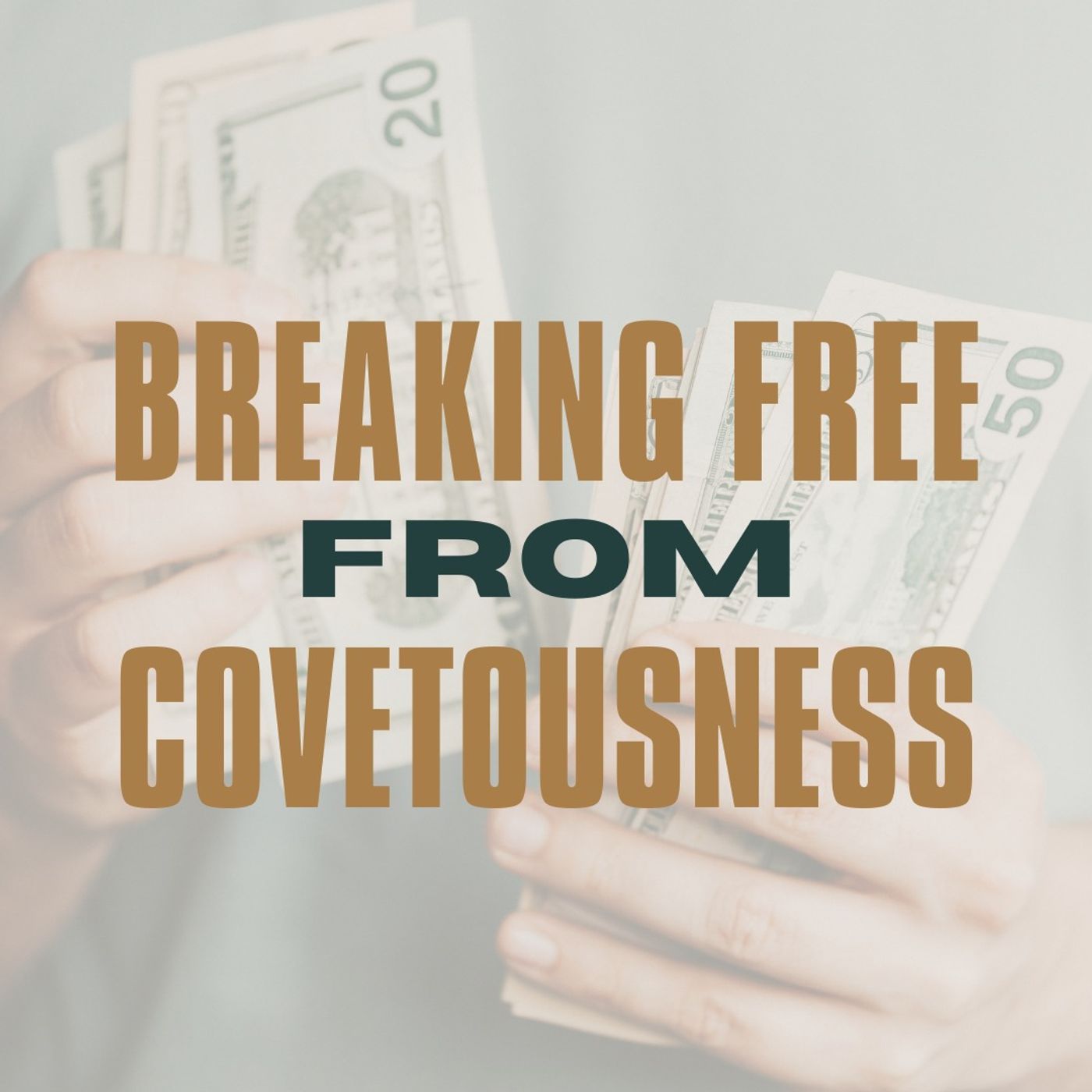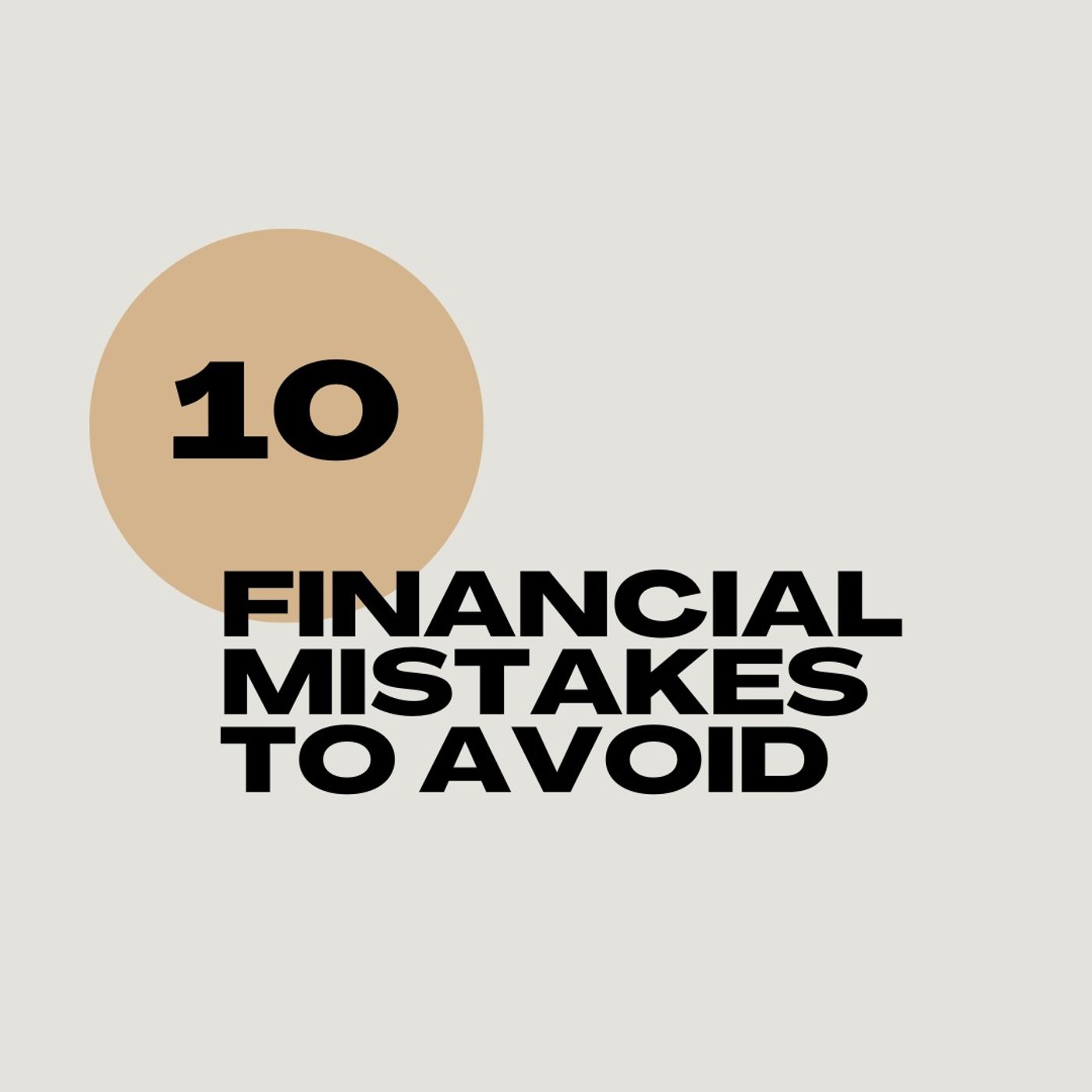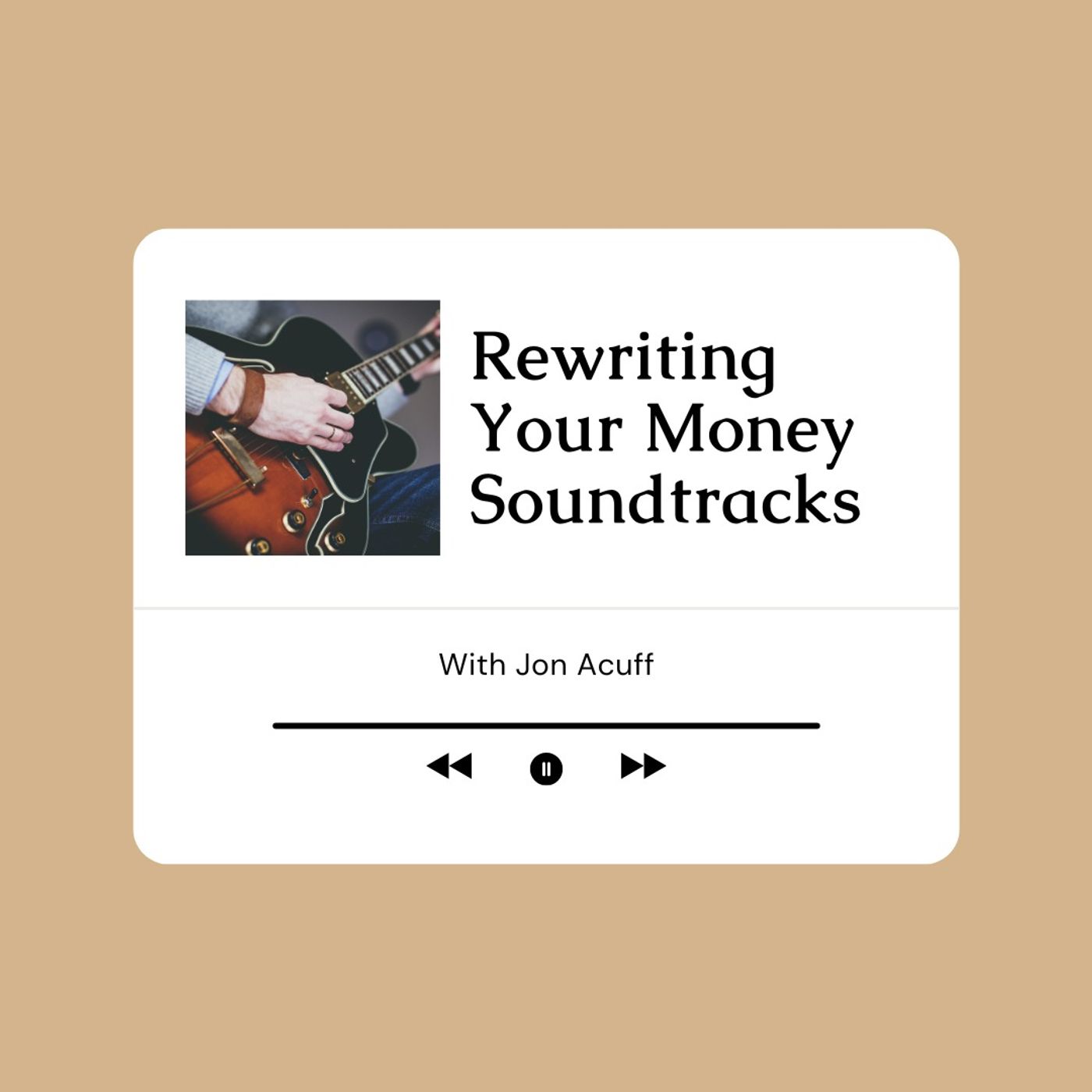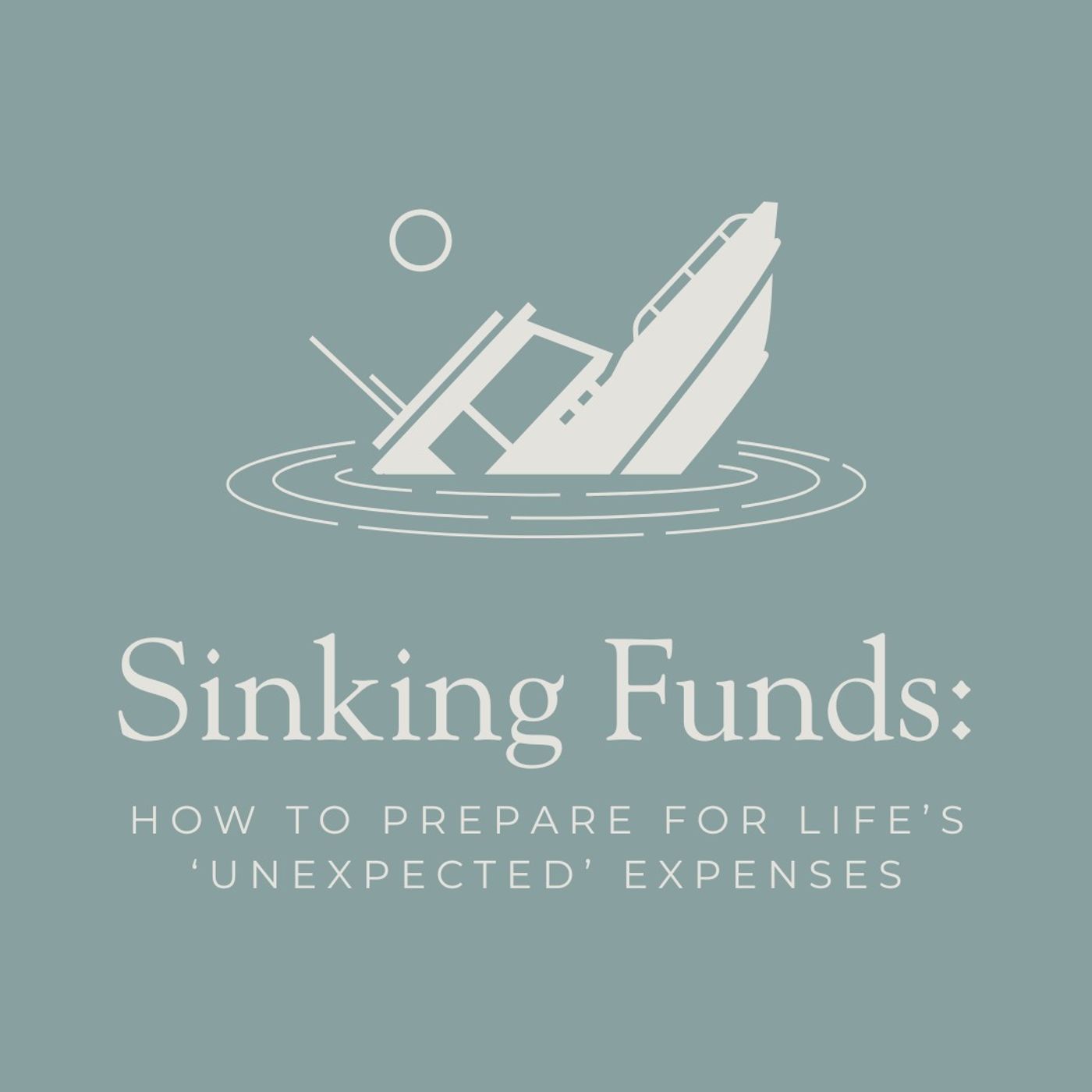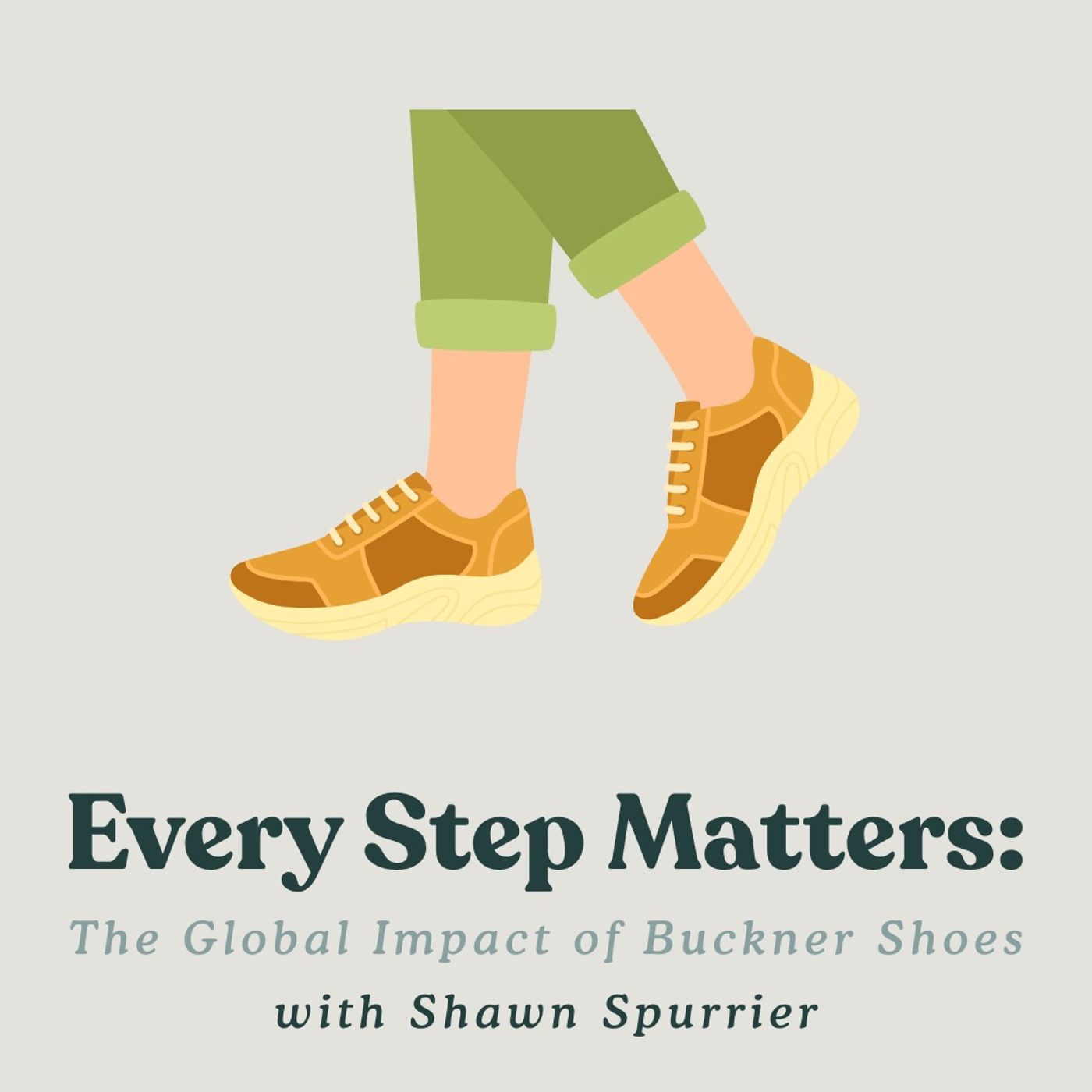How to Find Contentment in Christ, Not Money
Description
For many people, contentment feels just out of reach—always tied to the next raise, the next purchase, or the next season of life. Yet Scripture calls us to something deeper and more lasting: a contentment that doesn’t depend on circumstances but rests in Christ Himself.
Psalm 23 begins with a stunning declaration:
“The Lord is my shepherd; I have all that I need.” — Psalm 23:1 (NLT)
David’s words remind us that contentment doesn’t come from acquiring more but from trusting the One who provides. Just as sheep rest securely under the care of their shepherd, we can rest in God’s faithful provision.
True contentment isn’t about suppressing desire—it’s about redirecting it. When we find sufficiency in Christ rather than in money, possessions, or achievements, we’re freed from the trap of covetousness and anchored in the truth that in Him, we already have all we truly need.
The Ancient Lie of Discontentment
Discontentment has plagued humanity from the beginning. In Eden, Adam and Eve had everything they needed, yet the serpent’s lie convinced them they lacked something essential. Discontentment still whispers, “God is holding out on you—you’d be better off if you had more.”
Today, that same voice is amplified through advertising, social media, and cultural comparison. We scroll through highlight reels and feel our lives don’t measure up. But Hebrews 13:5 offers the antidote:
“Keep your life free from love of money, and be content with what you have, for he has said, ‘I will never leave you nor forsake you.’”
The cure for discontentment isn’t having more—it’s remembering that God is always with us.
The Freedom of “Enough”
Contentment is not resignation—it’s liberation. It frees us from envy, overspending, and the crushing weight of comparison. Instead of striving endlessly for more, we learn to steward wisely what God has entrusted to us.
Proverbs 30:8–9 captures this balanced perspective beautifully:
“Give me neither poverty nor riches; feed me with the food that is needful for me…”
The wise steward seeks enough—not excess. When we live this way, our financial decisions change. We spend with purpose. We give with joy. We save with peace. Contentment reorients money from being our master to being a tool for God’s Kingdom.
Think of the widow of Zarephath in 1 Kings 17. With only a handful of flour and a little oil left, she faced famine. Yet when Elijah asked her to make him a cake first, she trusted God’s word—and He provided, not with overflowing barns, but with daily sufficiency.
Or consider the Macedonian believers in 2 Corinthians 8. Paul wrote,
“In a severe test of affliction, their abundance of joy and their extreme poverty have overflowed in a wealth of generosity.”
Despite having little, they gave with glad hearts because their contentment was in Christ, not in their circumstances.
These examples remind us that contentment and generosity often go hand in hand. When we are satisfied in Christ, we’re free to bless others.
Trusting the God Who Provides
At the heart of contentment is trust. Jesus said in Matthew 6:25 –26,
“Do not be anxious about your life… Look at the birds of the air: they neither sow nor reap nor gather into barns, and yet your heavenly Father feeds them. Are you not of more value than they?”
Contentment flows from believing that God knows what we need and delights to provide for His children. As Elisabeth Elliot once wrote, “The secret is Christ in me, not me in a different set of circumstances.”
When Christ becomes our treasure, everything else finds its proper place.
That’s why Paul could say in 1 Timothy 6:6:
“Godliness with contentment is great gain.”
Contentment isn’t a loss—it’s true gain. It’s the kind of wealth no market downturn can erase and no thief can steal. Choosing contentment doesn’t mean settling for less; it means resting in the sufficiency of Christ.
When we stop chasing “more” and start trusting God’s daily provision, we discover freedom, peace, and joy. That’s the essence of faithful stewardship—not just managing money, but aligning our hearts with the One who promises, “I will never leave you nor forsake you.”
On Today’s Program, Rob Answers Listener Questions:
- I own several rental properties and would like to leave one to each of my children. I still want to collect the rental income, but I’d like to avoid probate and ensure a smooth transition when I pass away. How can I set up a trust to do that, and what’s the best way to move forward?
- I got divorced in my mid-50s and had to start over from scratch. I’m now 66 with a little over $37,000 in my 401(k), which I’m eligible to roll over into an IRA. I’d really like to invest that money through a biblically based firm, but most of the ones I’ve contacted require a minimum investment of $50,000. Do you have any suggestions? And how can I build my savings over the next four years? $37,000 won’t last long.
- I’m retired, and my husband will be retiring soon. We don’t have a lot saved, but he does have a 401(k) through work. We’re unsure what to do with it or how to ensure we’ll have enough to live on in retirement. Can you help us think through the next steps?
- I work with students, and I’ve offered to invest $4,000, allowing them to choose some stocks to learn how investing works. Since I’ll keep the money but let them make the decisions, what’s the best way to buy individual stocks for this kind of project?
- My daughter’s credit score is around 625, and she’s committed to improving it. My score is over 800, and I’ve heard that adding her as an authorized user on my credit card could help her. Can you explain how that works and whether it could affect either of our credit scores?
- I feel completely lost when it comes to finances, but I want to set my family up for success. Can you recommend a reliable resource or starting point for learning the basics of managing money wisely?
Resources Mentioned:
- Faithful Steward: FaithFi’s New Quarterly Magazine (Become a FaithFi Partner)
- Open Hands Finance
- Fidelity | Charles Schwab | Robinhood | Public | Stash | SoFi Invest
- Your Money Counts: The Biblical Guide to Earning, Spending, Saving, Investing, Giving, and Getting Out of Debt by Howard Dayton
- Master Your Money: A Step-by-Step Plan for Experiencing Financial Contentment by Ron Blue with Michael Blue
- Redeeming Money: How God Reveals and Reorients Our Hearts by Paul David Tripp
- Money, Possessions, and Eternity: A Comprehensive Guide to What the Bible Says about Financial Stewardship, Generosity, Materialism, Retirement, Financial Planning, Gambling, Debt, and More by Randy Alcorn
- Wisdom Over Wealth: 12 Lessons from Ecclesiastes on Money
- Look At The Sparrows: A 21-Day Devotional on Financial Fear and Anxiety
- Rich Toward God: A Study on the Parable of the Rich Fool
- Find a Certified Kingdom Advisor (CKA) or Certified Christian Financial Counselor (CertCFC)
- FaithFi App
Remember, you can call in to ask your questions most days at (800) 525-7000. Faith & Finance is also available on the Moody Radio Network and American Family Radio. Visit our website at FaithFi.com where you can join the FaithFi Community and give as we expand our outreach.
Hosted by Simplecast, an AdsWizz company. See pcm.adswizz.com for information about our collection and use of personal data for advertising.







